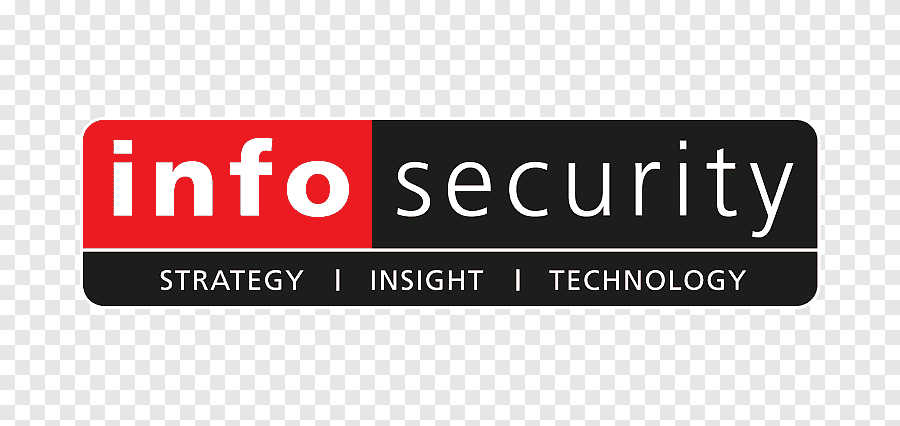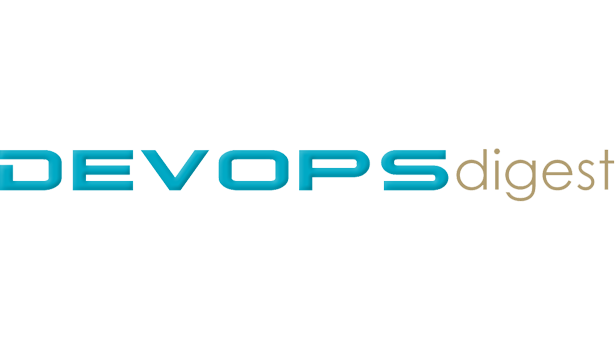In the News
Stay up to date on what’s new at Sonatype.

Read More

Read More

Media Hit
A concerning number of Log4j downloads are still vulnerable four years on
December 12, 2025
Read More

Read More

Read More

Read More

Read More

Read More
Read More

Media Hit
Bridging the Open Source Gap: From Funding Paradoxes to Digital Sovereignty
December 8, 2025
Read More

Media Hit
Chinese hackers exploiting React2Shell bug impacting countless websites, Amazon researchers say
December 5, 2025
Read More

Read More

Read More

Read More

Read More

Read More

Read More

Read More